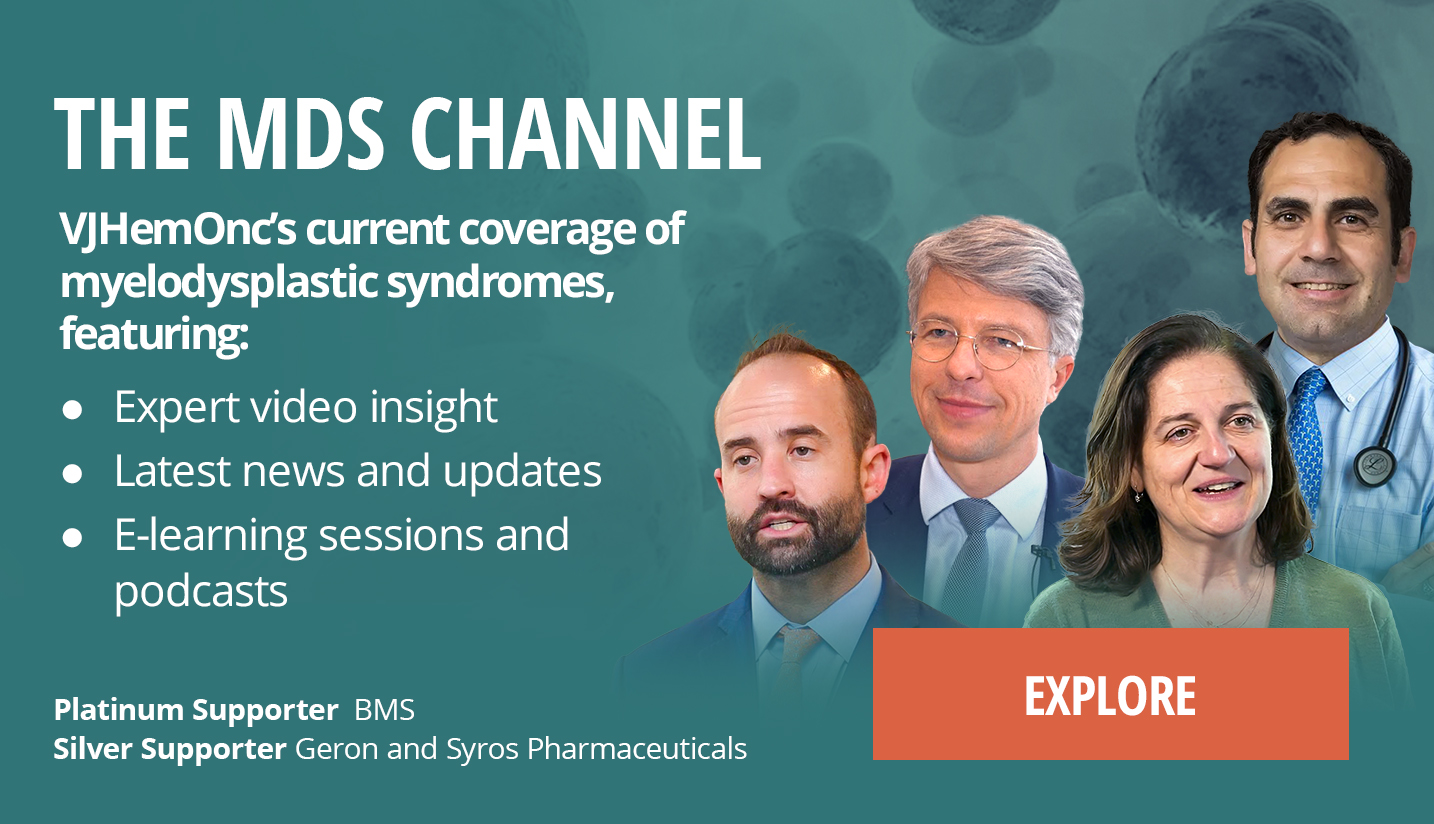Yeah, so this is an interesting sub-study finding that we’re reporting. It’s a multi-institutional Phase I study of ivosidenib in a mutant IDH1 high-risk MDS patients. And the study findings have been previously reported, but we are now reporting the blood count recovery kinetics and also transfusion independence rates. So interesting finding is that on this study, we had about 18 patients enrolled again...
Yeah, so this is an interesting sub-study finding that we’re reporting. It’s a multi-institutional Phase I study of ivosidenib in a mutant IDH1 high-risk MDS patients. And the study findings have been previously reported, but we are now reporting the blood count recovery kinetics and also transfusion independence rates. So interesting finding is that on this study, we had about 18 patients enrolled again. You should understand that IDH1 mutated MDS is much less common. It’s about 3% of all MDS patients. So this is a small study, but among the 18 patients that we enrolled onto this study, about seven achieved complete response and about eight achieved a marrow complete response. So at this point, now we’re reporting the blood count recovery kinetics. What we saw is that the neutrophil recovery counts, recovery kinetics was very impressive. With most patients recovered from a baseline median neutrophil count of 0.4 to 1.8 within 15 days of therapy. And in that recovery sustained over the course of their treatment. And I think all the patients sustained their neutrophil recovery throughout the study except one patient at cycle 67. So, you know, it’s a prolonged duration of neutrophil recovery. Now, we also saw that red cell recovery was similar but slower. What we noticed is that red cell recovery from a baseline median red cell or hemoglobin of around 8.5 grams per deciliter to over 10 took about six months. So it’s much slower than the neutrophil recovery, but it did sustain in all the patients that had a recovery. Now, platelet recovery kinetics are much more mimicking of the neutrophil recovery, and most patients recovered their platelet counts to over 100,000 by the end of cycle one. And we also reported transfusion independence rates. And transfusion independence rates, the time to transfusion independence for red cells was about over two months, and for platelets was about a month. The percentage of transfusion independence of red cells was about 28%, and in platelets was around 40%. So I think these are, and another point to note is that the blood count recovery kinetics did not differ between complete response patients and also marrow complete response patients. So it doesn’t matter whether the patient achieved complete response or just a marrow complete response. Their blood count recovery kinetics were very similar. So this shows that IDH1 blockade in IDH1 mutated patients in MDS is clinically beneficial in not just patients who have a complete response but also in patients who have a less than complete response, they saw a meaningful clinical benefit.
This transcript is AI-generated. While we strive for accuracy, please verify this copy with the video.










